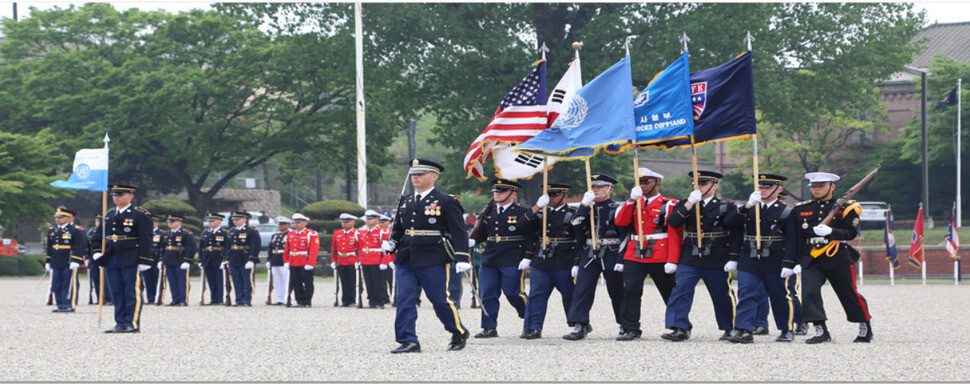
South Korea – US Joint Military Exercises Begin; Transition of Wartime Operation Control Must Do Its Best
The government is planning to finish the second phase – the Full Operational Control verification assessment – by the end of 2021 and the third phase – the Full Military Capability verification assessment – next year. This is based on the condition-based operation control transition plan agreed to by South Korean and U.S. defense leaders in October 2014, during the Park Geun-hye administration. It is important that the government remember that there are many experts who are critical of the United States arbitrarily conducting verification assessments in an effort to postpone the transition.
The transition deadline was originally scheduled for April 17, 2012, pursuant to an agreement between Korea and the United States during the Roh Moo-hyun administration. Even though U.S. Armed Forces in Korea Cmdr. Burwell Bell said that the wartime operation control transition could be done by 2009 after considering the operational capability of South Korea, the Roh Moo-hyun administration’s Ministry of National Defense postponed that action until 2012. There are former high-ranking security officials who claim that, considering Korea’s current economic and military power, wartime operation control should be transitioned immediately.
Considering the situation, it is possible that the government could consider adjusting the schedule for the verification assessments. First, it could carry out both the second phase FOC and third phase FMC verification assessments at the same time next year. If this is not possible, it could complete the second phase FOC verification assessment and then do the third phase FMC verification assessment in May 2022, after the new administration launches. The United States must be persuaded to change the schedule. Because the wartime operational control transition depends on the will of the government and not on outside circumstances, the government should start consulting with the United States if it has the will.

